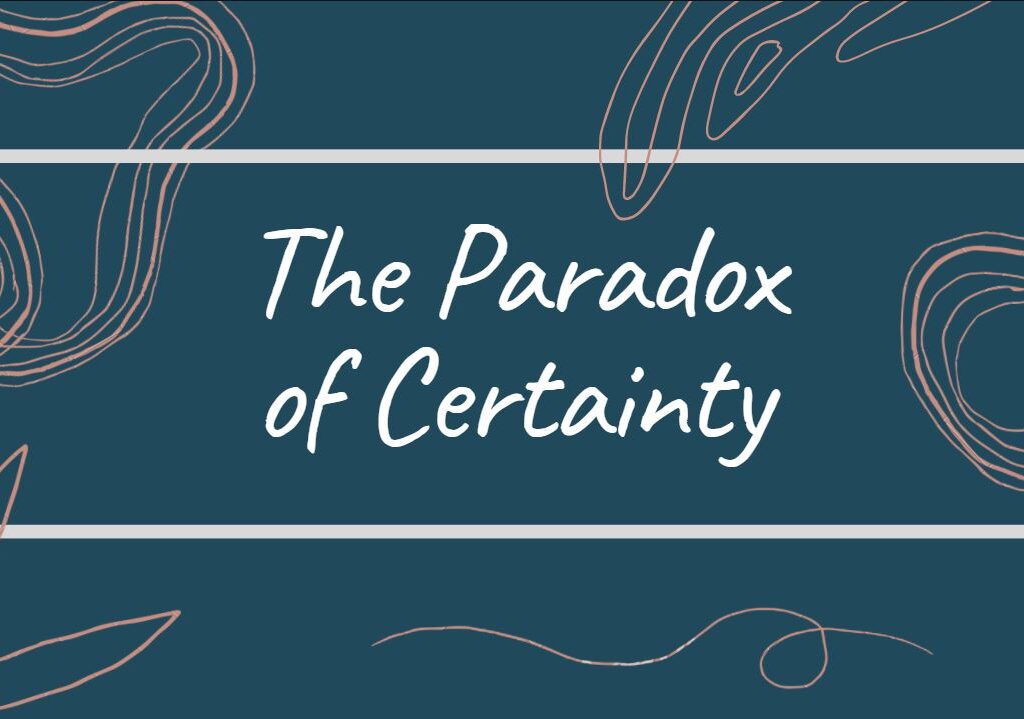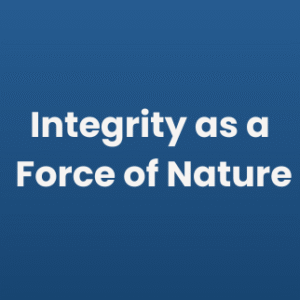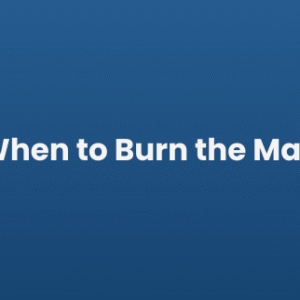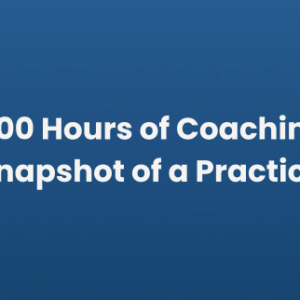
The Paradox of Certainty
Yesterday, I was in a transformational coaching conversation with a high performing corporate consultant and he wanted to work on managing his finances. We talked about how he wanted to create a plan for the future to make sure that everything is taken care of. As we dived deep, it became apparent that he had tried it several times before but with not much impact. He would create plans and budget accordingly, but something unforeseen would eventually present itself. This happened for years and my client found himself chasing the ‘perfect financial plan’ that could address his need for control over his finances. He would read popular books, watch videos and try every plan he could get his hands on, and still something would happen that would turn his financial plans upside down.
The inherent paradox in this is that there’s no way of telling when something unforeseen might come up. Even if we allow for buffers, there’s no way of knowing how much these buffers should ideally be. This fact is highlighted now more than before in light of the pandemic. I’ve known families who thought they had enough money for the rest of their lives spend it all in a matter of months on medical expenses fighting Covid-19.
In our pursuit for control and certainty, we often miss the fact that the only thing we know for sure is that we don’t know for sure. In other words, we can only be certain that the future is uncertain – financially or otherwise. Anything else is pure delusion. Now, this might initially sound nihilistic, but there’s more to it than that. We fundamentally live in a world of uncertainty, and it also means that we live in a world of possibility – possibilities for our life to be different from what it is now. It is this very element of uncertainty that allows for change, growth and expansion.
As we explored this paradox together, he started laughing at himself, because he saw the truth of it in his own life. It was clear to him that the chase for the perfect plan would never end simply because of the way it was set up. I came up with a distinction for him on creating financial certainty versus creating a state of being that could embrace financial uncertainty. As we explored what that state of being looked like, he suddenly leaned back on his chair and fell silent. For a good 5 minutes. The sound of silence is the sound of deep insight. He saw it for himself – both the delusion and the path forward. He used that silence to see clearly and reconcile with all the unhelpful ways in which he managed his finances in the past.
In a coaching session, a minute of silence can sometimes feel like an hour. It was a long pause and I checked in with him after 5 minutes. He said he was still processing it. And I knew not to speak first again – we took another pause. I let him settle down inside into this new way of being in the world. He then came up alive and he was complete. He didn’t need a technique or a strategy. He touched a space where all relevant strategies come to him in real time from within. He knew exactly what to do next, evidenced by the action items he committed to. And I knew that no matter what someone’s past experience is, a whole new reality is just one level of consciousness away.




